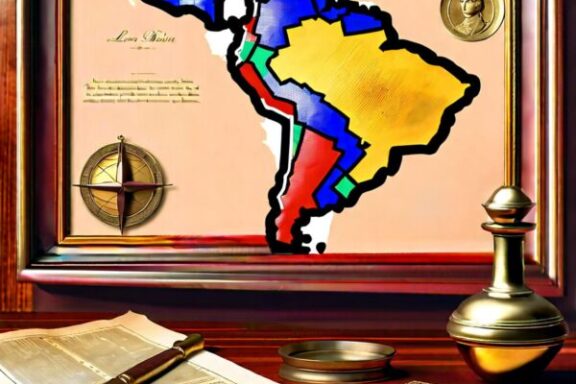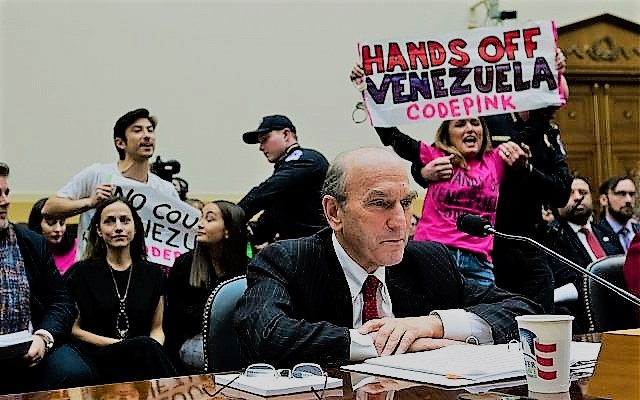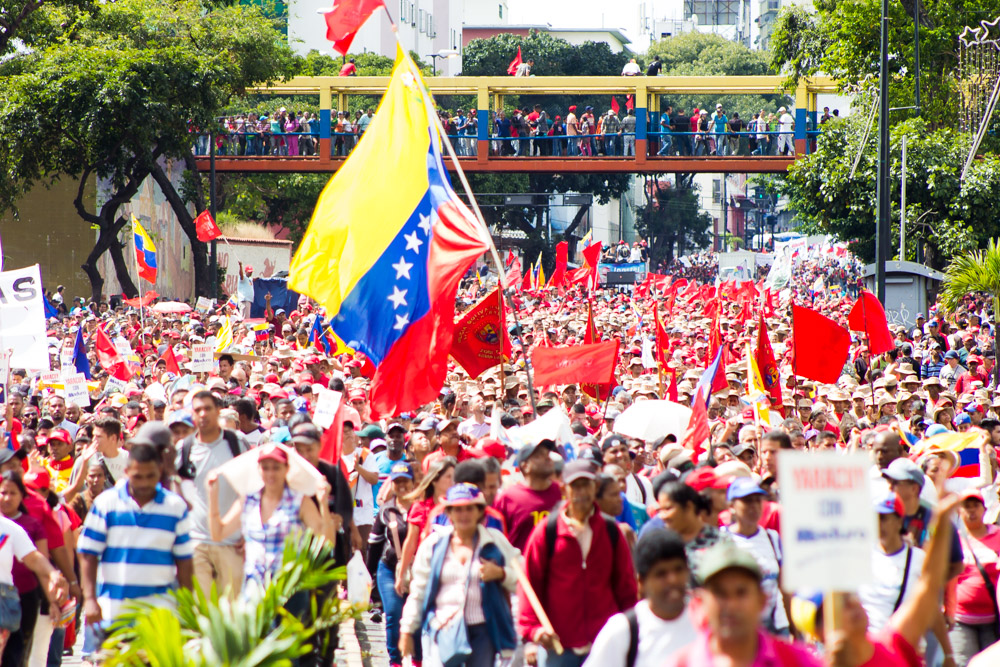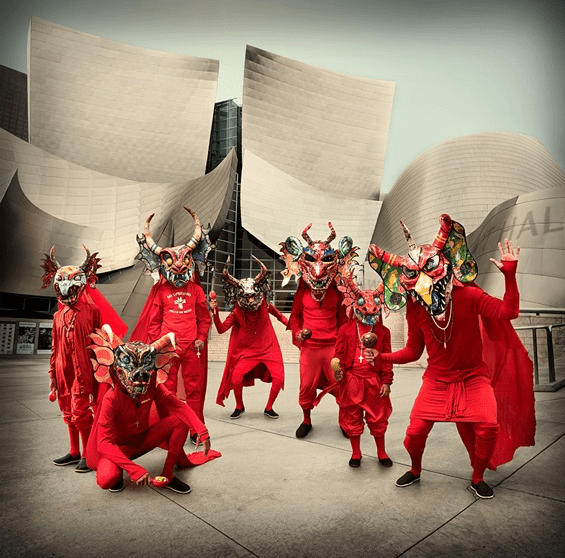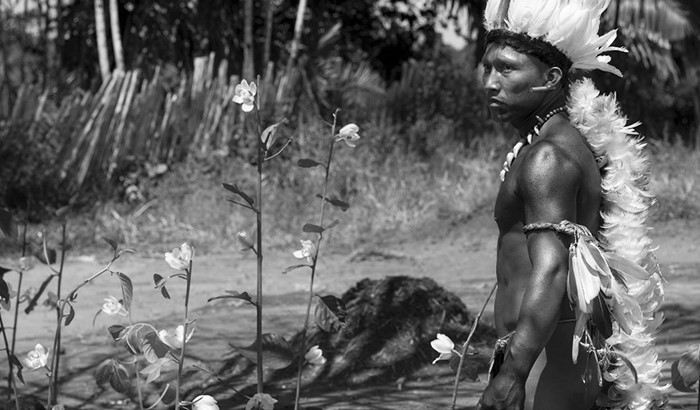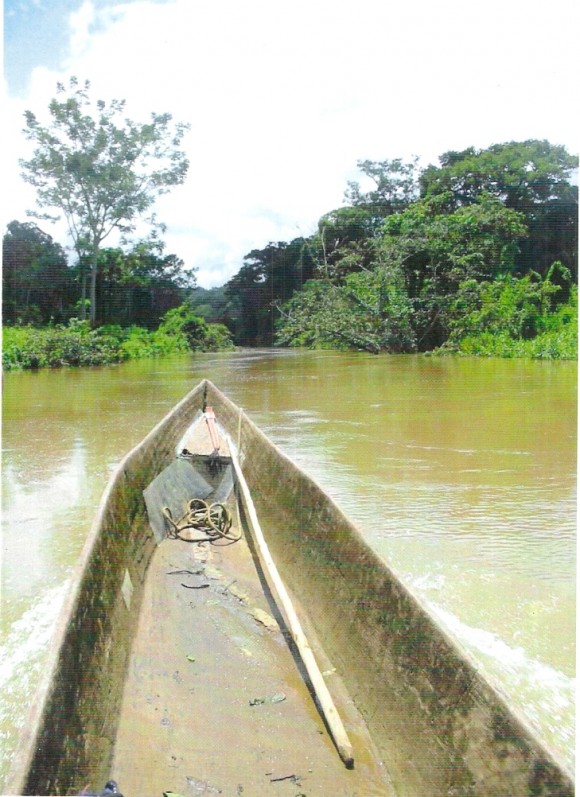In today’s complex geopolitical landscape, understanding the historical roots of U.S. intervention in Latin America is more crucial than ever. This podcast episode investigates the enduring impact of the Monroe Doctrine, a policy that has shaped U.S. foreign relations for nearly two centuries. Host Jack Eidt features a discussion between Yale historian Greg Grandin and journalist Michael Fox to unravel the intricate web of history, politics, and ideology that continues to influence the region.
Tag: Venezuela
12 Reasons to Try Elliott Abrams in the International Criminal Court
Donald Trump appointed Elliott Abrams as “Special Envoy to Venezuela” to help facilitate regime change in that country by the United States. This nod marks Mr. Abrams’ third assignment in U.S. Republican administrations. The following is a brief background of his career, summarized by
Rachel Bruhnke.
Coup Redux in Venezuela: ‘The Revolution Will Not Be Televised’
As we see another coup against Venezuela’s democratically-elected government, we revisit the 2002 coup attempt in the documentary, The Revolution Will Not Be Televised (a.k.a. Chavez: Inside the Coup), which briefly deposed Venezuelan President Hugo Chávez. A television crew from Ireland’s Radio Telifís Éireann happened to be recording a documentary about Chávez during the events of April 11, 2002.
Pushing Back Against the Venezuela Coup-Plotters
An attempted coup is underway in Venezuela, call it what you like. While the Bolivarian Revolution has had its problems, U.S. sanctions have devastated its economy and people. Negotiations led by Mexico, Uruguay, and the Vatican are the only sane way forward.
Dancing Devils of Venezuela Challenge US Consumer Culture
An exhibition by artist Cristóbal Valecillos in Los Angeles invoked the Dancing Devils of Yare, a 400-year old Venezuelan tradition celebrating life, the triumph of good over evil, and renewal. His provocative interpretation of the diablo masks, hand-sculpted from repurposed waste materials, takes aim at culture and consumption in the US, a plea for overcoming.
“Embrace of the Serpent” Film: Journey of Healing and Ethnobotany
Ethnobotanist Richard Evans Schultes, one of the most important plant explorers of the 20th century, served as a key inspiration in a recent film called “Embrace of the Serpent.” In December 1941, Schultes entered the Amazon to study how indigenous peoples used plants for medicinal, ritual, and practical purposes. After nearly a decade of fieldwork, he made significant discoveries about the sacred hallucinogen ayahuasca. In total, Schultes would collect more than 24,000 species of plants including some 300 species new to Western science.
Warao of Guyana: The Origin of the Pleiades
A myth from the Warao People who inhabit the rainforests of the Orinoco Delta of northeastern Venezuela and western Guyana. The term Warao means “The Boat People,” referring to their intimate connection with water. Here a hunter takes on an ogress in a story of the origin of the Pleiades.

